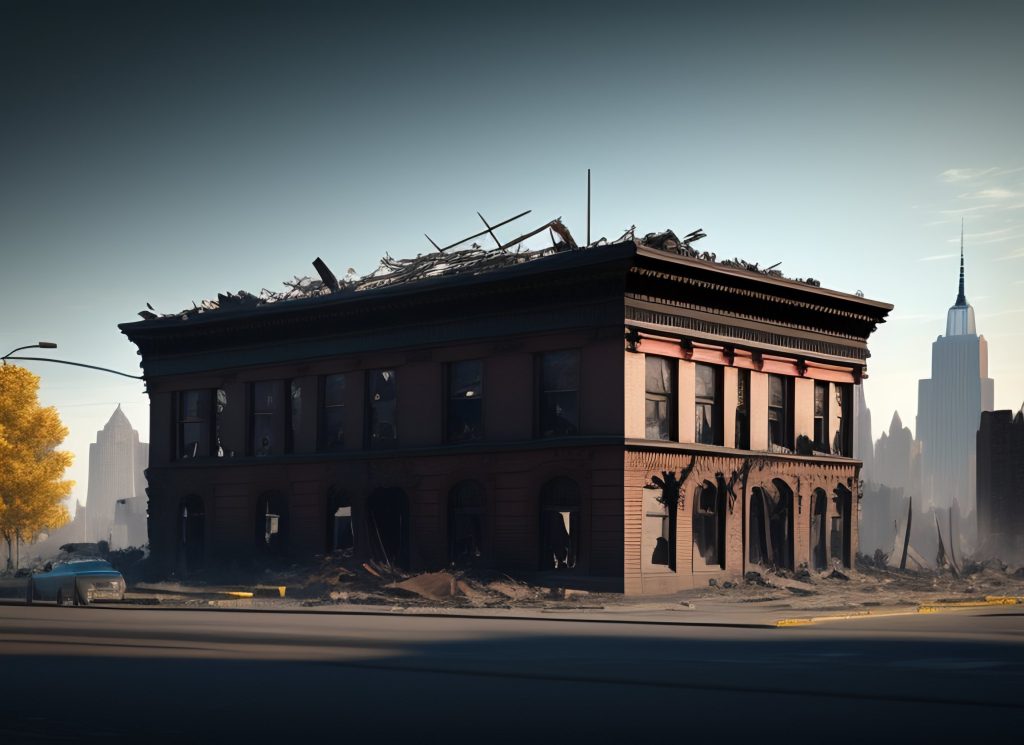An earthquake is a sudden and intense shaking of the ground, caused by the movement of tectonic plates beneath the Earth’s surface. Earthquakes can strike with little warning, causing widespread destruction and loss of life. Knowing how to survive an earthquake can help minimize the risks to you and your loved ones.
Here are some more detailed tips for surviving an earthquake:
Drop, Cover, and Hold On: When an earthquake strikes, it’s important to drop to the ground, take cover under a sturdy piece of furniture, and hold on to it. This will help protect you from falling objects and debris. If you don’t have a table or desk nearby, drop to the floor, take cover under a piece of furniture, and hold on to it. If you’re in bed, stay there and cover your head with a pillow.
Stay Away from Windows: Broken glass from windows can cause serious injury. Stay away from them and try to find a secure spot in an interior room or a hallway. If you’re in a tall building, evacuate as soon as possible. Elevators should not be used during an earthquake, so use the stairs instead.
Evacuate Tall Buildings: If you’re in a tall building during an earthquake, evacuate as soon as possible. Tall buildings are more likely to suffer structural damage during an earthquake, and may pose a danger to those inside. Elevators should not be used during an earthquake, so use the stairs instead.
Stay Calm: Panicking can make it more difficult for you to think clearly and make decisions. Try to remain calm and focused, and take slow, deep breaths. If you’re with others, reassure them and help keep them calm.

Be Prepared: It’s important to prepare for earthquakes before they occur. This includes having an emergency kit on hand that includes food, water, a first aid kit, a flashlight, and extra clothing. You should also have an emergency plan in place, including designated meeting places and a plan for how to communicate with loved ones if phone lines are down.
Know Your Environment: Familiarize yourself with the locations of exits, safe zones, and emergency supplies in your home, work, and other buildings you frequent. Make sure you know how to turn off gas and water supplies, and how to locate emergency shutoff valves.
Listen to Authorities: If you’re told to evacuate, do so immediately. Follow the instructions of emergency response personnel and avoid any areas that have been designated as unsafe. In some cases, it may be necessary to evacuate to a designated disaster shelter.
Protect Yourself: If you’re in a car, pull over to the side of the road and stop. Avoid stopping under bridges, overpasses, or power lines. If you’re outside, move to an open area away from buildings, trees, and power lines.
In conclusion, surviving an earthquake requires preparation, knowledge, and a calm demeanor. By following these tips, you can help minimize the risks to you and your loved ones and increase your chances of making it through safely. It’s also important to note that aftershocks may occur following an earthquake, so remain alert and be prepared to drop, cover, and hold on again if necessary.







Leave a Reply